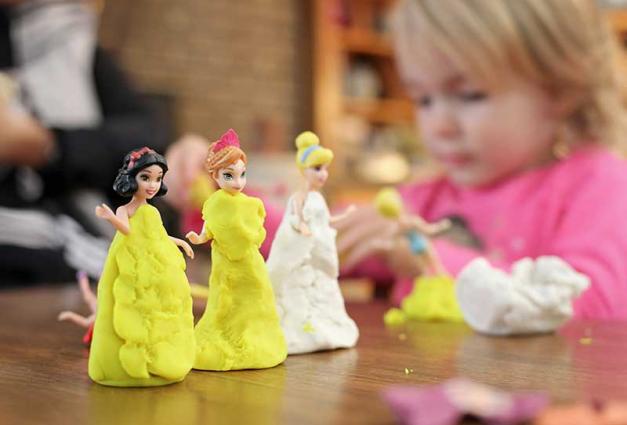Let’s imagine the following scenario: you have an uncommon name that you share with just one other person in the United States, someone who is completely unrelated to you. The two of you often relay messages and notices that were accidentally sent to the wrong person. You’re expecting a stimulus check to offset the financial impact of the COVID-19 pandemic. When it finally arrives, it turns out you received more than you expected. But then, your name twin calls you, and you find out they received less than they expected. What do you do?
On the one hand, getting more money is an unexpected but welcome boon. On the other hand, the mix-up might negatively affect your name twin, possibly undermining their ability to pay rent or buy food.
Now let’s imagine the reverse situation, in which you receive less than you expected, but your name twin received more. What do you do there? And to what extent are you considering your name twin’s thoughts and reactions to their unexpected boon?
In a recent study, we examined how the capacity to think about other people’s minds—their thoughts, beliefs, and knowledge—affects children’s reactions to two forms of inequality: inequality that benefits others and inequality that benefits themselves. We know that, although even infants expect fairness, children really start to engage in fairness behaviors only during their pre-school years. At this age, children are so averse to receiving fewer highly valued items, such as candy and stickers, than other children that they would rather both parties not get anything at all than to not get their “fair” share. However, not surprisingly, children are generally happy when they receive more items than kids do.
In the United States, children don’t start to also show an aversion to inequalities that benefit themselves until they’re about 8 years old, on average. The question we set out to explore is: what changes in development support this shift from children caring only when they get less than others to also caring when they get more? We tested the idea that children who are better at thinking about other people’s minds will be more bothered by inequality that puts others at a disadvantage.
We measured aversion to inequality in 6- to 9-year-old children using the Inequity Game. In this game, we offered either equal or unequal amounts of candy to pairs of children. That is, either both children would receive the same amount of candy, or one child would receive more candy than the other. One member of each pair (the ‘decider’) could accept these amounts on behalf of both children or reject it so that neither one would get anything.

Figure 1. Experiment setup. Pairs of children play the “Inequity Game” in which one person accepts or rejects equal and unequal distributions of candy on behalf of both parties.
We also measured how good children were at thinking about other people’s mental states. As we expected, children who were good at inferring others’ mental states—what other people were thinking and feeling—were more likely to reject unequal offers of candy that would disadvantage the other child. These children tended to prefer that neither child get any candy rather than to personally get more than the other did, indicating that they were bothered by inequity that disadvantaged others.
To our surprise, children who were good at inferring others’ mental states were also more likely to reject unequal offers that put themselves at a disadvantage. We think that the better children are at inferring mental states, the more they think about how the other child would expect things to be fair, and this understanding of the other child’s expectations influences their decisions.
How do these findings relate to our hypothetical scenario about you and your name twin getting each other’s stimulus checks? Results suggest that, if you get a larger check than you expect, thinking about your name twin’s mental states—perhaps specifically, their expectations about what they would receive—may help you do the fair thing, even if it might mean a smaller check for you in the end. On the bright side, your partner may do the same if you are the one with the smaller-than-expected check.
For Further Reading
Tsoi, L., & McAuliffe, K. (2020). Individual differences in theory of mind predict inequity aversion in children. Personality and Social Psychology Bulletin, 46(4), 559–571. https://doi.org/10.1177/0146167219867957
Imuta, K., Henry, J. D., Slaughter, V., Selcuk, B., & Ruffman, T. (2016). Theory of mind and prosocial behavior in childhood: A meta-analytic review. Developmental Psychology, 52(8), 1192–1205. https://doi.org/10.1037/dev0000140
McAuliffe, K., Blake, P. R., Steinbeis, N., & Warneken, F. (2017). The developmental foundations of human fairness. Nature Human Behaviour, 1(2). https://doi.org/10.1038/s41562-016-0042
Lily Tsoi is a Postdoctoral Research Associate in the Department of Psychology at Princeton University.
Katherine McAuliffe is an Assistant Professor in the Department of Psychology at Boston College.




